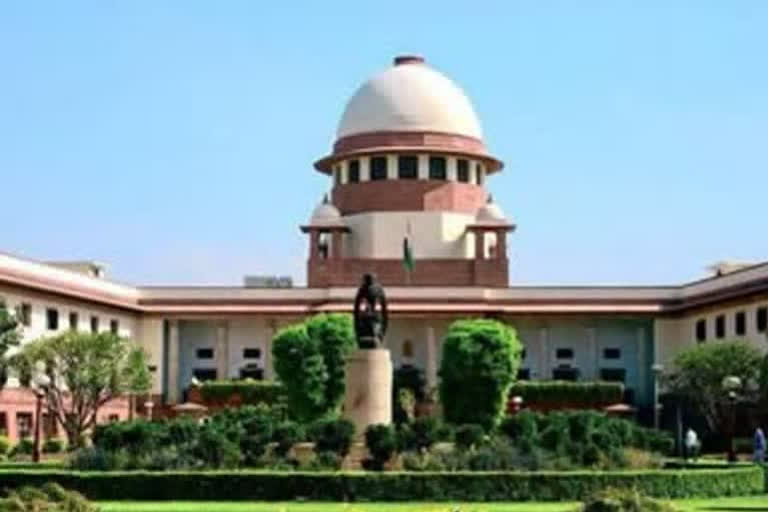New Delhi:Two petitions were on Thursday filed in the Supreme Court challenging the Uttarakhand High Court's verdict upholding the constitutional validity of a 2019 law which handed over management of several temples, including the famous Char Dham Himalayan shrines, to a board constituted by the state government.
The appeals, filed by People for Dharma and Indic Collective Trust, claimed that High Court has erred in upholding the validity of the Uttarakhand Char Dham Devasthanam Management Act of 2019 since its provisions are arbitrary and violative of the fundamental rights of devotees of the Char Dham shrines in the state.
Yamunotri, Gangotri, Kedarnath and Badrinath are the four famous Himalayan shrines in Uttarakhand.
The High Court had on July 21 this year dismissed the plea challenging the constitutional validity of the 2019 law, noting that the Act is the latest in a long line of enactments made by various states all over the country entrusting the management of Hindu temples to a board.
Read:|Mathura court admits Krishna Janmabhoomi plea
The appeals filed in the apex court through advocate Suvidutt MS has claimed that power to include more temples and levy of cess on the recommendation of a board, that over and above has state functionaries and those appointed or nominated by the state as its members, is violative of the rights of the citizen of administering their religious institutions as a whole.
Such arbitrary power vested in the board is violative of the devotees' right to preserve a religious pilgrimage and its sanctity, one of the pleas filed in the apex court said.
